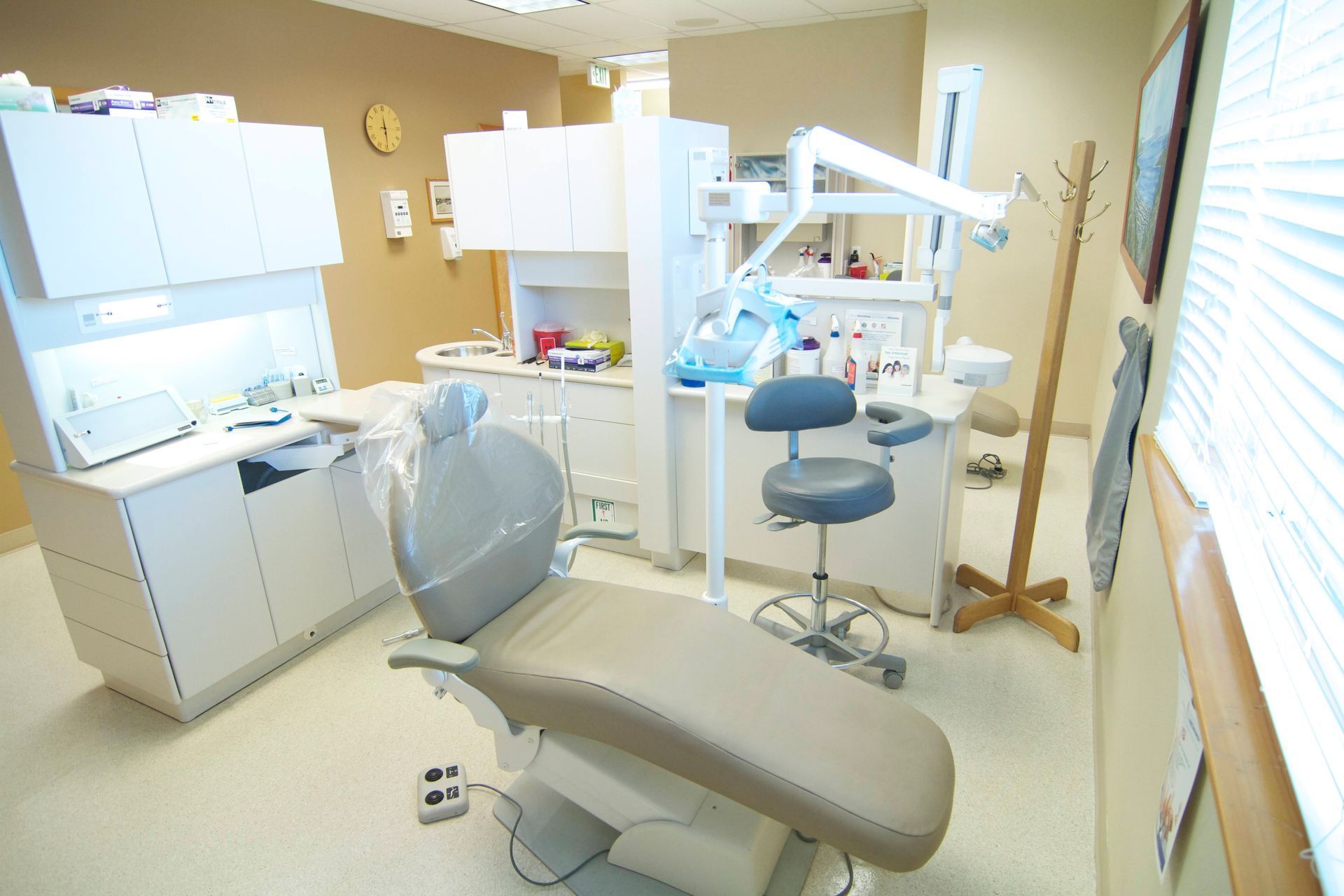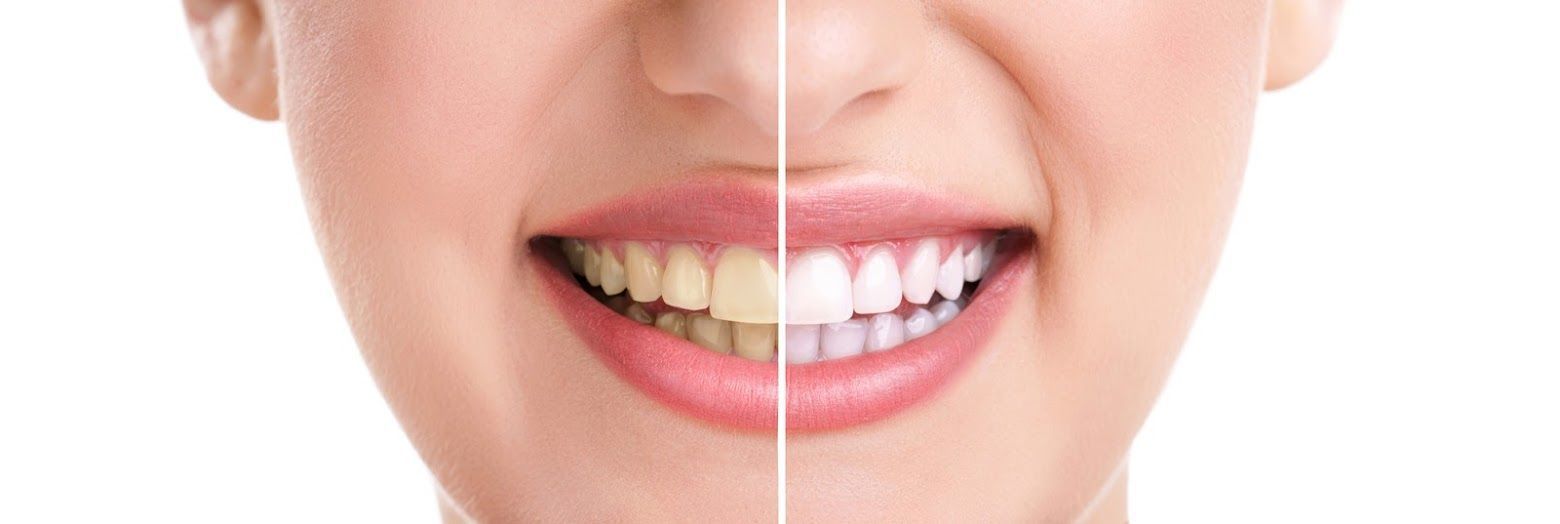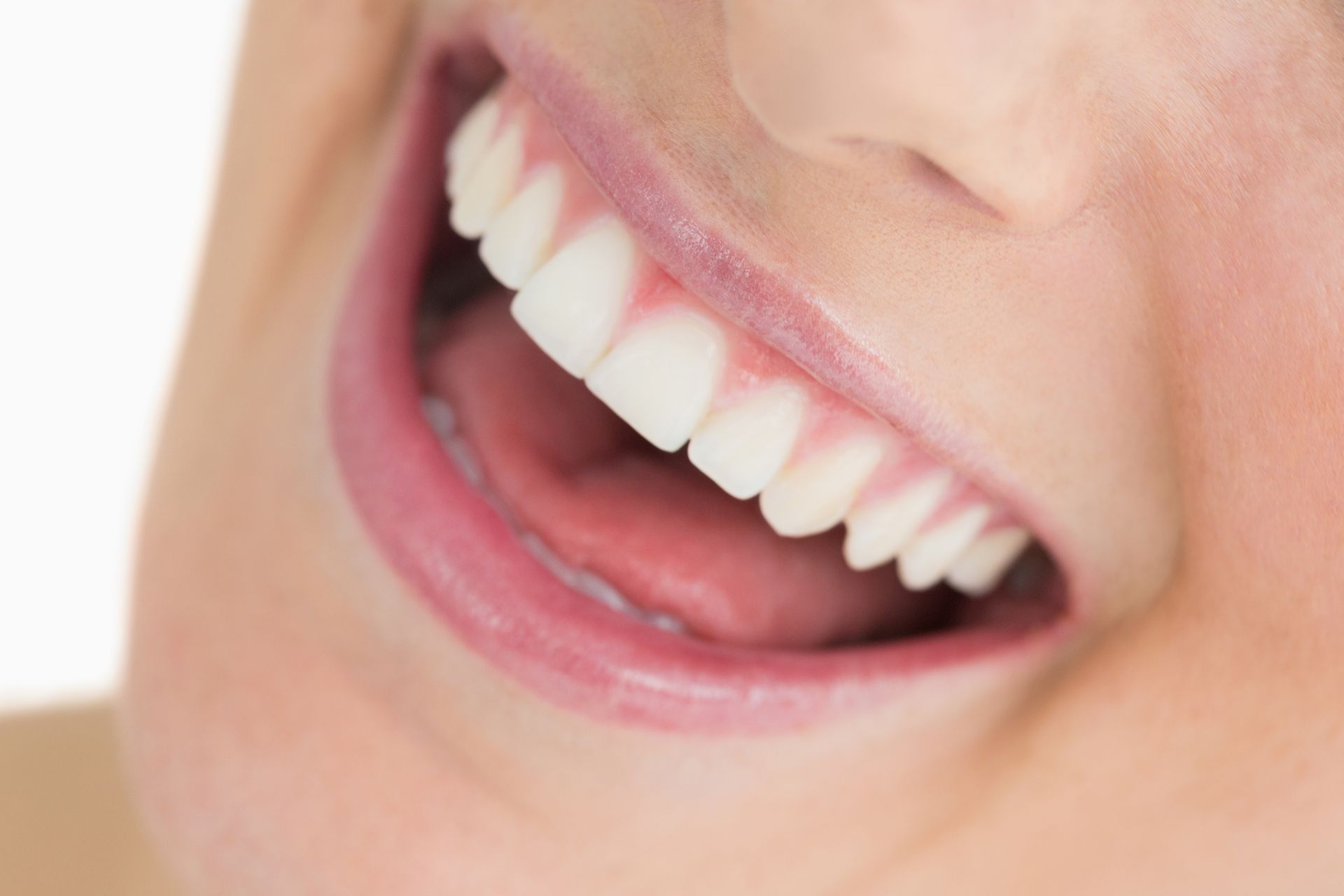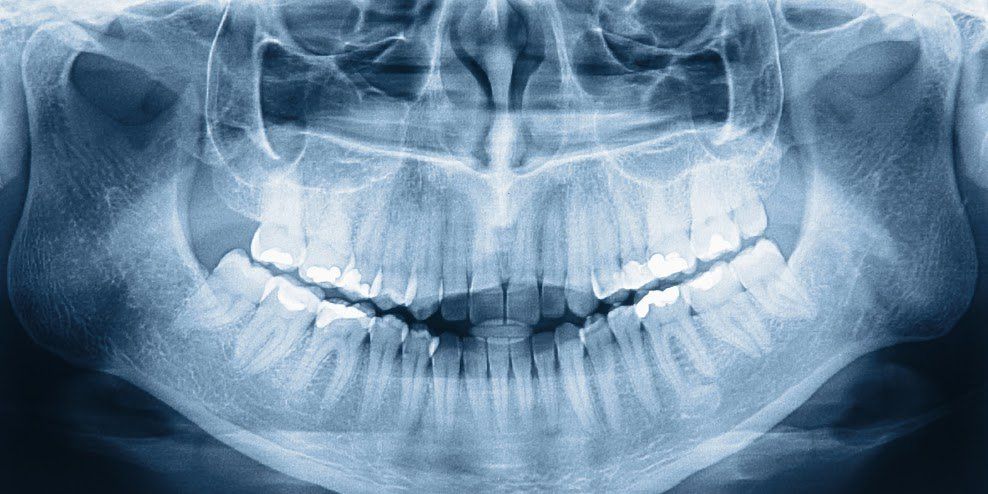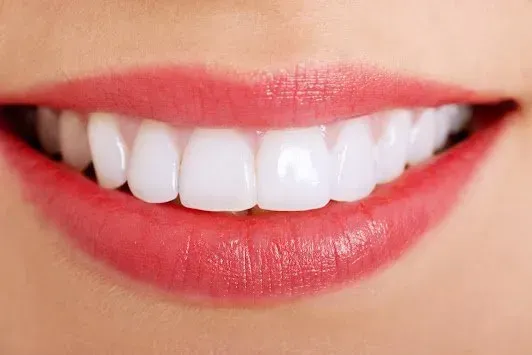ORAL CARE TIPS DURING ILLNESS
February 14, 2021
An illness can make it difficult for you to care for your oral health. Some aspects of your illness also increase your risk of oral or dental problems. Take the following measures to preserve your oral health even if you are bedridden.
Choose Sugar-free Drugs
Many drugs, such as cough medicine, contain sugar. Oral bacteria feed on the sugar and produce acids, which erode your teeth enamel. Eroded enamel weakens your teeth and increases your risk of dental caries.
Choose sugar-free medicine whenever possible. This advice is especially useful for drugs you have to take continuously or suck on. If not possible, rinse your mouth every time you take your medicine. Rinsing will reduce the level of remnant sugar in your mouth.
Rinse After Vomiting
Your stomach's contents are usually acidic. The acid can weaken and erode your teeth every time you throw up. Because of this, you should rinse your mouth with water every time you throw up to minimize the damage. But don't brush immediately after throwing up. Otherwise, the brushing will intensify the erosion since your teeth will still be weak due to the acid exposure.
Stay Hydrated
Some diseases dry out your mouth. A dry mouth is bad for your oral health since you need saliva to clean your mouth. The risk of bacteria attack, which can cause various diseases, including gum diseases, is high from a dry mouth. A dry mouth is also likely to smell. The solution is to stay hydrated by regularly sipping water, even when you don't feel thirsty.
Go Easy on Energy Drinks
You may turn to energy drinks to boost your energy levels if your illness has left you weak. However, energy drinks tend to be full of sugar, which can lead to teeth damage, as previously explained. Limit your intake of energy drinks to minimize the damage. Instead, get adequate rest, eat nutritious foods, and follow your physician's instructions.
Use a Soft Toothbrush
Some illnesses can make your gums swollen and unusually tender, which might make brushing painful. You might be tempted to forgo brushing and flossing to avoid the pain and discomfort. However, regular brushing and flossing are necessary for good oral health.
Switch to a soft-bristled toothbrush (if you don't already use one) to lessen the discomfort. Also, take your time while cleaning your teeth and be as gentle with them as much as possible.
Rinse the Toothbrush Thoroughly
Your toothbrush can transfer germs to your mouth and make you sick. Don't forget that your gums might be susceptible to bacterial attacks if they are swollen and tender. To prevent this infection, rinse your toothbrush thoroughly after every use to minimize germs transfer. You should also let the toothbrush air dry before storage – many germs thrive in moist areas.
Store Toothbrushes Separately
Don't store your toothbrush with other toothbrushes in the house. This is good advice at any time, but it is particularly helpful if someone is sick. Separate storage will minimize the risk of cross-infection. Moreover, your illness can also weaken your immune system and increase your susceptibility to further germ attacks.
Ask for Help If Necessary
Lastly, don't hesitate to ask for help with your oral care. For example, you might need help if:
- Your hands can't hold your floss or toothbrush properly
- You can't sit or get into a position where you can brush and spit easily
- You cannot clean your toothbrush on your own
Your dental care should be part of your overall health care. Otherwise, you might develop oral or dental problems during or after your illness.
Make an effort to get regular dental checkups even when ill. You should also consult your dentist if you start to develop oral or dental problems during your illness.
Contact
Desert Dental for dental consultations and treatments during this or any other time.

